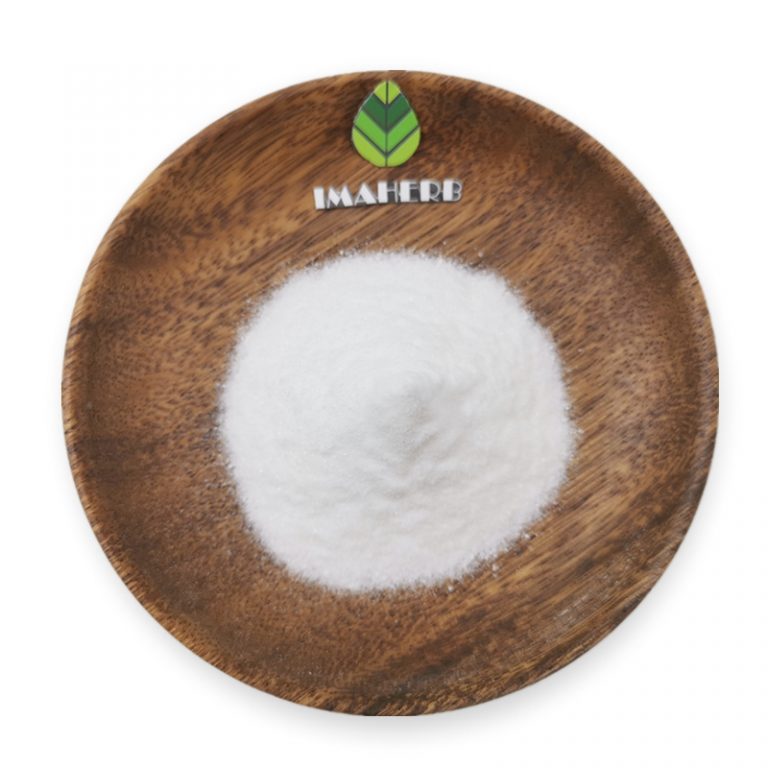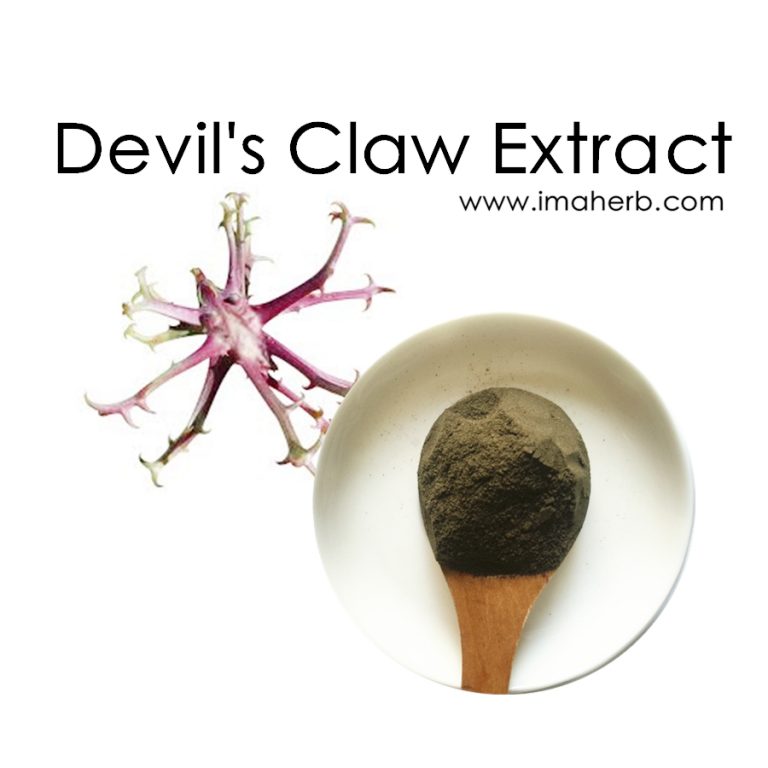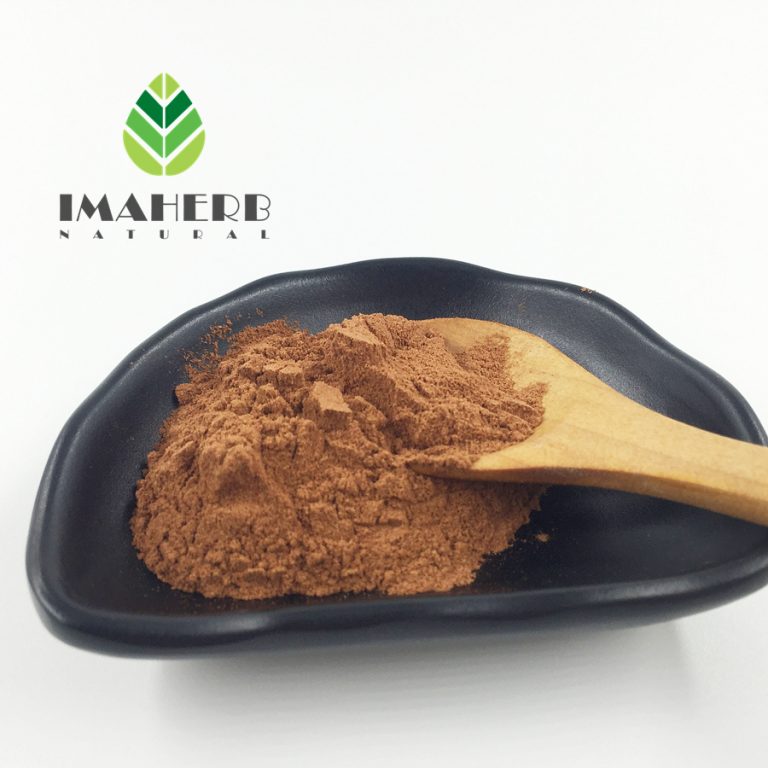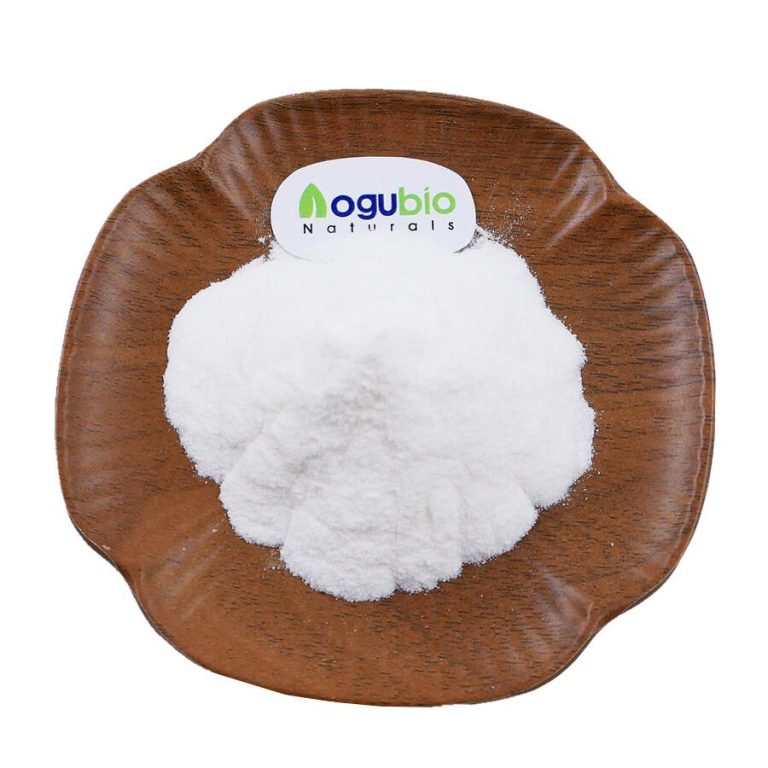
What is DHM(Dihydromyricetin)?
Dihydromyricetin (DHM) is an organic compound naturally found in the Japanese Raisin Tree. It’s often called by it’s Latin classification Hovenia Dulcis, and is found all over Asia. As a deciduous tree, it grows up to 12m tall, and bears a berry-like fruit that tastes similar to raisins, from which it gets it’s name.

The molecule we know as Dihydromyricetin is also called Ampelopsin, and is extracted using an ethanol-based solution from the bark of the Hovenia Dulcis tree, and minimally processed before it’s dehydrated and turned into a powder ready to be purified (take a look at our COA here). We test that resulting powder and turn it into capsules with absolutely no fillers, and we also sell it as in it’s bulk powder form for those looking for larger doses or a cheaper way to take it.

COA of Dihydromyricetin.

A Practical Solution for Hardened Drinkers
It may sound too good to be true, but hardened drinkers now have a way of breaking the cycle of alcohol addiction! A natural substance called dihydromyricetin (DHM), which we have written about extensively on the Sobur blog, has been identified as a tool to keep a person sober no matter how large their alcohol intake. It also has the ability to neutralize hangovers and prevent an alcoholic from giving in to alcohol cravings.
The answer lies in the oriental raisin tree of Chinese variety which is scientifically known as Hovenia dulcis. The tree has been medically used for hundreds of years and the extract is specifically used to treat hangovers in China & other Asian nations.
Experiments conducted on boozing rats have shown that one component of the extract – dihydromyricetin (DHM) – has the special ability to block intoxication. It works its magic by stopping the brain from feeling the intoxicating effects no matter how high the amount of alcohol in the blood.
A research team in the University of California, Los Angeles spearheaded the first testing of the effects of DHM on humans. Pharmacologist Jing Liang lead a study on DHM, administering it to problem drinkers who have difficulty resisting the urge to drink alcohol and go to the pub/bar/liquor store. DHM was expected to lessen the degree of drunkenness and reduce hangover symptoms, too. Eventually, it cuts down the desire to drink alcohol completely.

Should I take it before or after drinking?
When you take dihydromyricetin really depends on what you’re trying to accomplish. So, for example, researchers found that taking a relatively large dose before drinking it reduced the circulating levels of alcohol in the blood. For most people however, we recommend taking it immediately after drinking which works very well to reduce the hangover symptoms usually felt the next day and stops the GABA rebound effect that will often wake you up in the middle of the night or give you anxiety the next day.

















 skype
skype Sales Manager
Sales Manager Rebekah
Rebekah Rachel
Rachel Miranda
Miranda Camilla
Camilla
 Sales Manager
Sales Manager